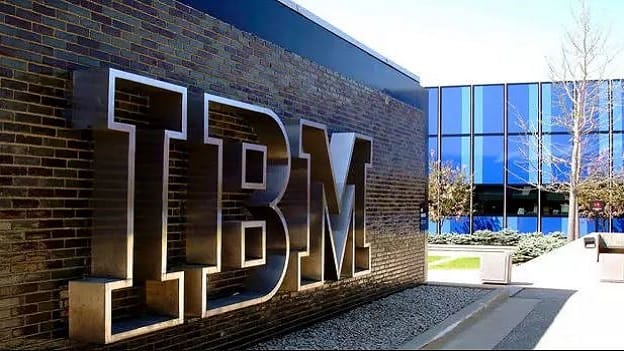IBM cuts manpower from its Singapore Technology Park

As IBM is relocating manufacturing of its Power Systems product to a facility in Guadalajara, Mexico, the firm would be laying off employees from its Singapore Technology Park at Tampines.
As per the report, at least 200 people including blue-collar workers, professionals, managers, executives and technicians (PMETs) are being laid off. The laid-off staff comprises both Singaporeans and foreigners working in a variety of positions.
IBM had opened the manufacturing plant at Tampines in 2010, with the inauguration ceremony officiated by then-Finance minister Tharman Shanmugaratnam. The S$90-million, 365,000 square foot facility was meant to serve high-end systems clients across Asia, Africa, and Europe.
Commenting on the retrenchment, IBM has said that the layoffs are part of the “continual review of the most efficient way to source our products."
The reports further reveal that several rounds of retrenchments have been carried out in the past few months as well. Apparently, the first and second sets of layoffs were carried out in May and June respectively, and a third round will take place at the end of July.
While the sources told media that 30 to 40 percent of the total staff is being retrenched, IBM has not confirmed the number. The US-based tech firm has however shared that Singapore remains a strategic location for the company as the manufacturing of its mainframe computers, System Z, will continue at the Singapore Technology Park.
Also, other IBM investments in Singapore, such as its Integrated Supply Chain Manufacturing Centre, Cloud Data Centre and Services Integration Hub, are not affected.

















